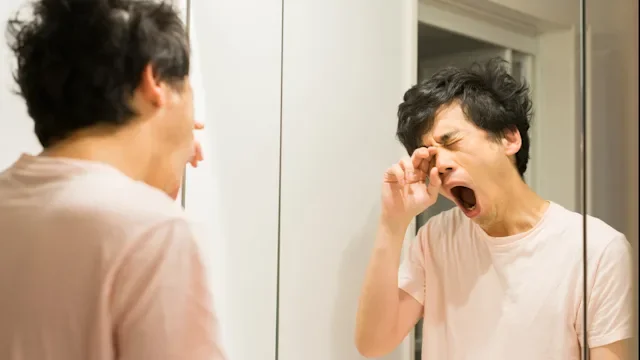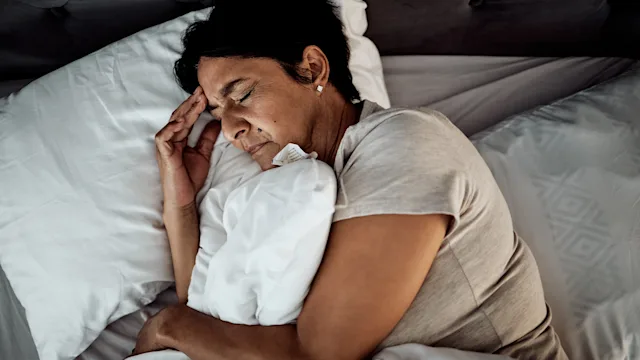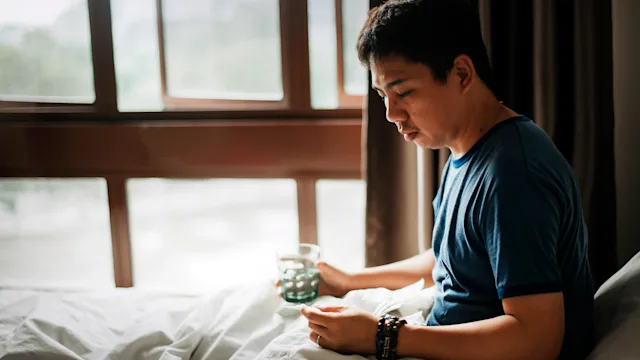Cognitive behavioral therapy for insomnia (CBT-I) uses exercises and behavioral changes to teach you how to create a better mental and physical environment for sleep. It can be done with or without the help of a therapist, but it could be beneficial to try it with the help of a mental health professional if symptoms of anxiety or depression are contributing to your insomnia.
You can read about more natural remedies for insomnia here.
References
Dopheide, J. A. (2020). Insomnia overview: Epidemiology, pathophysiology, diagnosis and monitoring, and nonpharmacologic therapy. American Journal of Managed Care.
Gong, H., et al. (2016). Mindfulness meditation for insomnia: A meta-analysis of randomized controlled trials. Journal of Psychosomatic Research.
Graupensperger, S., et al. (2021). Daily-level effects of alcohol, marijuana, and simultaneous use on young adults’ perceived sleep health. Sleep.
Halson, S. L. (2014). Sleep in elite athletes and nutritional interventions to enhance sleep. Sports Medicine.
Ho, F. Y-Y., et al. (2015). Self-help cognitive-behavioral therapy for insomnia: A meta-analysis of randomized controlled trials. Sleep Medicine Reviews.
Kahn, R. S., et al. (1987). Effect of a serotonin precursor and uptake inhibitor in anxiety disorders: A double-blind comparison of 5-hydroxytryptophan, clomipramine and placebo. International Clinical Pharmacology.
Kaur, H., et al. (2022). Chronic insomnia. StatPearls.
Matheson, E., et al. (2017). Insomnia: Pharmacologic therapy. American Family Physician.
National Center for Complementary and Integrative Health. (2022). Meditation and mindfulness: What you need to know.

Why trust our experts?


Search and compare options












